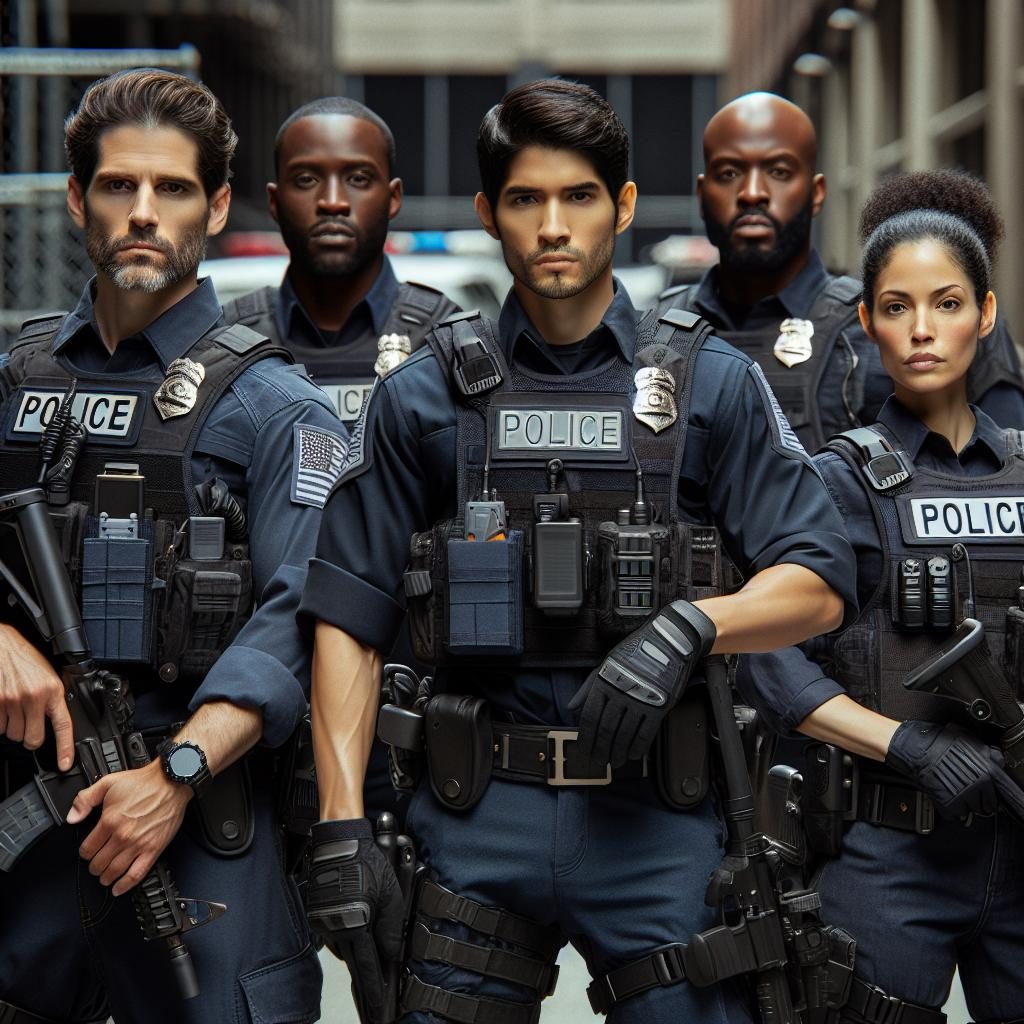SC Solicitors, SLED Chief Ask for Tougher Law to Put Gang Members Behind Bars
Law enforcement and prosecutors demand more powers to curb criminal operations
COLUMBIA, S.C. – South Carolina’s law enforcement and prosecutors have appealed to lawmakers for more authority to chase down criminals who run drug trafficking, sex trafficking and retail theft operations. A new bill made it to the State House proposes penalties that could result in such offenders serving jail terms lasting decades.
The proposed bill, filed in the state Senate, seeks to introduce an anti-racketeering statute in South Carolina, similar to laws existing in several other states. Also known as RICO (Racketeer Influenced and Corrupt Organizations), the law is seen by prosecutors as an essential tool in the fight against gang violence.
Targeting Entire Gangs, Not Just Individuals
“Instead of us taking out one individual member of the gang, which is the traditional prosecution approach, a RICO act would allow us to go after the entire gang. In most situations that we’re dealing with, if we take out one member of the gang, by the time they get to bond court, they’re replaced by somebody else,” stated 14th Circuit Solicitor Duffie Stone to a Senate Judiciary subcommittee earlier this week.
This bill prescribes penalties up to 20 years in prison for any one of the dozens of offences enumerated in the bill that would warrant prosecution. Speaking on behalf of his fellow solicitors as chair of the South Carolina Commission on Prosecution Coordination, Solicitor Stone asserted that the mechanisms currently in place to counter gangs are not efficient. The law in South Carolina sanctions a five-year penalty for enticing a person to join a gang, or for obstructing someone from leaving a gang; statutes that Stone claims, are seldom enforced and largely ineffective.
A Widespread Gang Problem
Supporting the bill, South Carolina Law Enforcement Division Chief, Mark Keel, stated that the state is facing a widespread gang problem that this legislation could address. “We see a lot of gang violence that is always connected, it seems like, with drugs and guns, and we see a lot of incidents where there’s a lot of retaliation that goes on when there’s a gun incident,” noted Keel.
Concerns from ACLU
However, the ACLU of South Carolina has raised concerns about the proposed bill. They are apprehensive about the broad definition of a “criminal gang”. Josh Malkin, Senior Advocacy Strategist, ACLU of South Carolina, said, “From the language, it seems that three members of a family or three Gamecock fans with matching attire could be considered a criminal gang. Practically, I worry about the threat this language poses to racial profiling and the First Amendment right to associate.”
The bill garnered its first approval this week, progressing out of a Senate Judiciary subcommittee. Yet before reaching the governor’s desk, it must clear several more votes. Similar anti-gang or RICO laws already exist in several other states including Georgia, North Carolina, and at the federal level as well.













